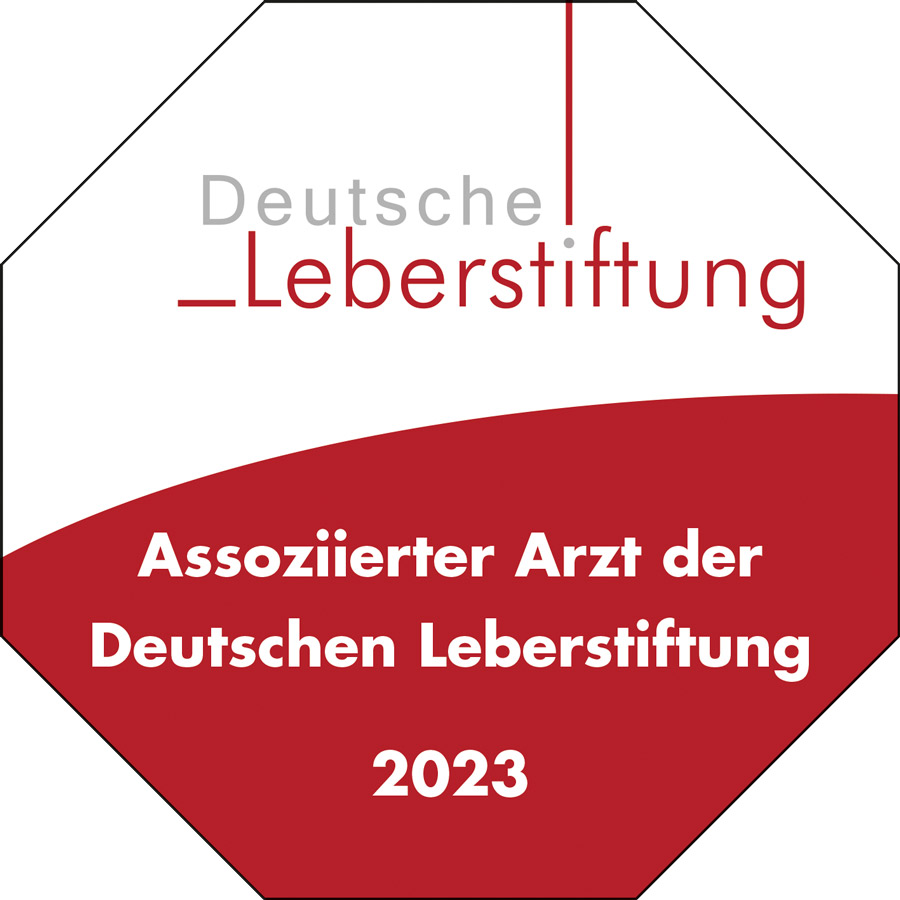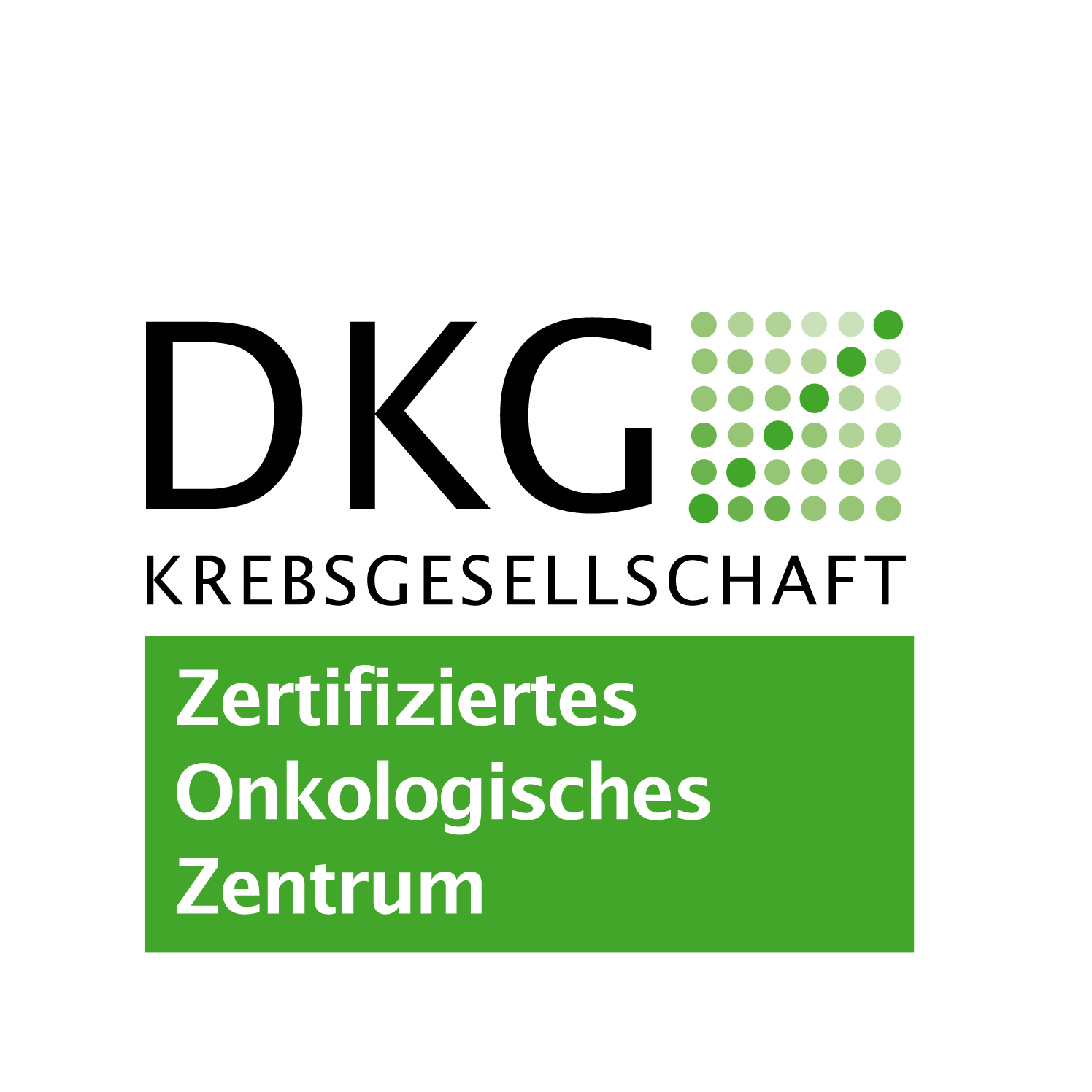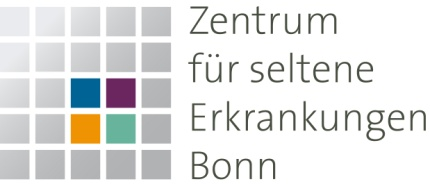
MEDIZINISCHE KLINIK UND POLIKLINIK I
Gastroenterologie, Hepatologie, Infektiologie, Nephrologie, Endokrinologie, Diabetologie
UNIVERSITÄTSKLINIKUM BONN
Prof. Dr. Christian Strassburg

 |
MEDIZINISCHE KLINIK UND POLIKLINIK I |
 |
 |
Wissenschaftliche StudienLabor für angeborene zelluläre Immunologie - Laboratory for Innate Cellular ImmunologyForschungslabor - Arbeitsgruppe Prof. Dr. Nattermann |
|||||
|
Current job advertisement: PhD position Our group performs translational immunological research studying compartment-specific characteristics of human innate lymphoid cells. Innate lymphoid cells (ILCs)ILCs represent a novel family of innate immune cells with lymphoid phenotypes, but lack rearranged antigen receptors. Based
on the expression of specific transcription factors, cell-surface markers, and signature cytokines ILCs can be divided into 3 groups. ILCs have been shown to play a significant role in maintaining intestinal health by promoting immunity to pathogens, limiting
inappropriate inflammatory responses to commensal bacteria or dietary antigens, or mediating repair following tissue damage. Our aim is to better understand compartment-specific physiological and pathological functions of human innate lymphocytes for immune homeostasis as well as in viral infections and inflammatory diseases. ILCs and systemic immune activation in HIV infectionAntiretroviral therapy (ART) is highly effective in blocking replication of the human immunodeficiency virus (HIV) and in
preventing progression to AIDS. However, there is clear evidence indicating that control of HIV replication does not fully
restore human health, with patients on ART still displaying shorter life expectancy due to increased risks for non-AIDS
associated morbidities. Recent work of our group indicates HIV-induced alterations of the intestinal ILC pool to be involved in these processes. In current studies we analyse how HIV infection affects compartment-specific composition and function of the intestinal ILC pool and aim at clarifying how these alterations might contribute to systemic immune activation in HIV patients under antiretroviral therapy. ILCs and liver fibrosisDuring the past years we could establish experimental evidence, that human NK cells also display anti-fibrotic activity via
induction of hepatic stellate cell (HSC apoptosis). This anti-fibrotic function of cNK cells was linked to the surface expression
of distinct molecules such as NKG2D and NKp46 and was importantly modified by factors from the microenvironment, such as
neighbouring cells, the local cytokine milieu, and tissue oxygen concentrations. Members of the lab:
Funding:
Publikationen der Arbeitsgruppe:Publikationen von Prof. Jacob Nattermann bei PubMed |
||||||||||||||||||||||||||||||||||||||||||||||||||||||||||||
|
|
|
|
|
Veranstaltungen | Leistungsberichte | Links |
|
|
Studium | Bibliothek | Impressum |
|
| |
Förderverein | Datenschutzerklärung |
|




| © Copyright 2017 - 2022 |
zum Seitenanfang |